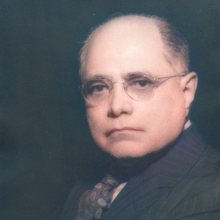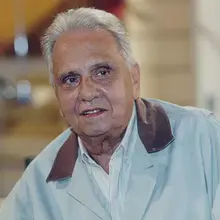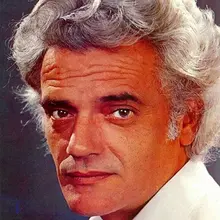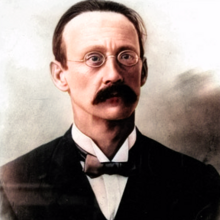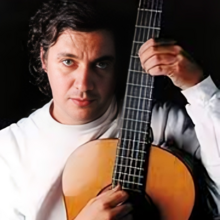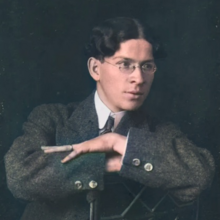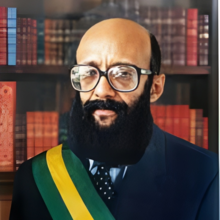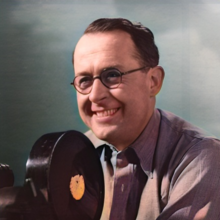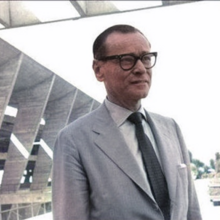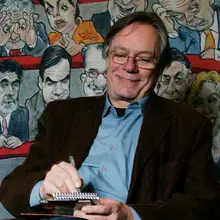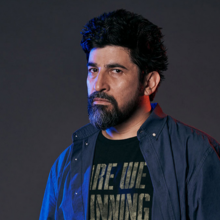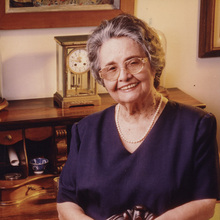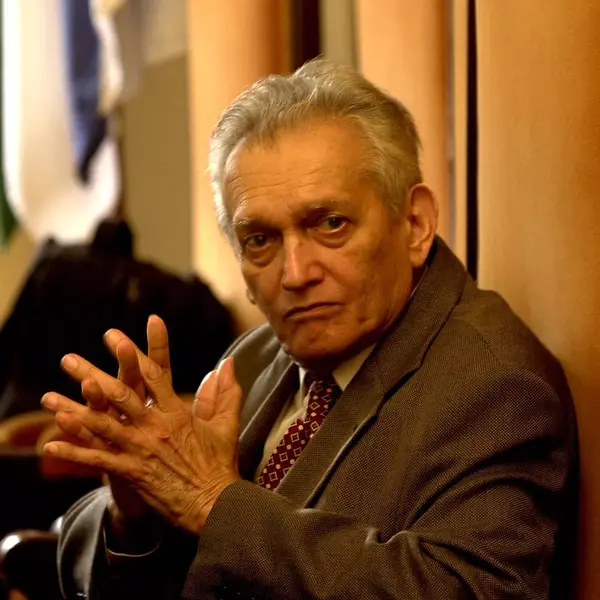
Personal
Other names:
Job / Known for:
Economist and intellectual
Left traces:
Structuralist economics and CEPAL
Born
Date:
1920-07-26
Location:
BR
Pombal, Paraíba
Died
Date:
2004-11-20 (aged 84)
Resting place:
BR
Rio de Janeiro, Rio de Janeiro
Death Cause:
Heart failure
Family
Spouse:
Lucia Piave Tosi and Rosa Freire d'Aguiar
Children:
Mario Tosi Furtado
Parent(s):
José Justiniano das Chagas and Maria Esther Falcão
QR Code:
Show More
Rank
Users ranking to :
Thanks, you rate star
Ranking
5.0
1
About me / Bio:
Show More
Article for Celso Furtado
Died profile like Celso Furtado
Comments:

